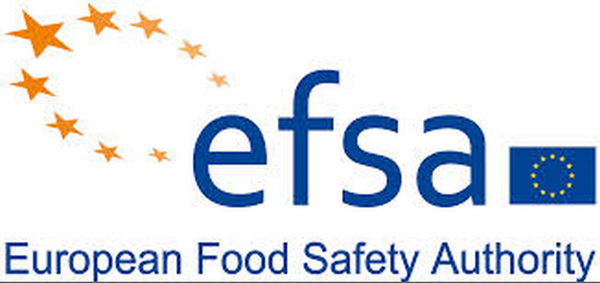EFSA: Low Exposure to BPA Triggers No Consumer Health Risk

Bisphenol A (BPA)--a chemical often used in the manufacturing of plastic food containers--poses no health risk to consumers--including unborn children, infants and adolescents--according to the most recent reevaluation conducted by the European Food Safety Authority (EFSA). Although BPA residues can enter food, beverages and the human body by way of eating, drinking, inhalation and skin absorption, safety levels are too low to warrant any danger, according to the EFSA.
“The Panel decided to re-evaluate the safety of BPA because of the publication of a huge number of new research studies in recent years.” says Dr. Trine Husoy of the EFSA’s expert panel.
The EFSA’s opinion is based on consultations with multiple authorities and stakeholders in order to be as transparent as possible.
Additional findings by the EFSA have confirmed that consumers should still use caution since high doses of BPA can have negative effects on the kidney and liver.
Looking for a reprint of this article?
From high-res PDFs to custom plaques, order your copy today!





